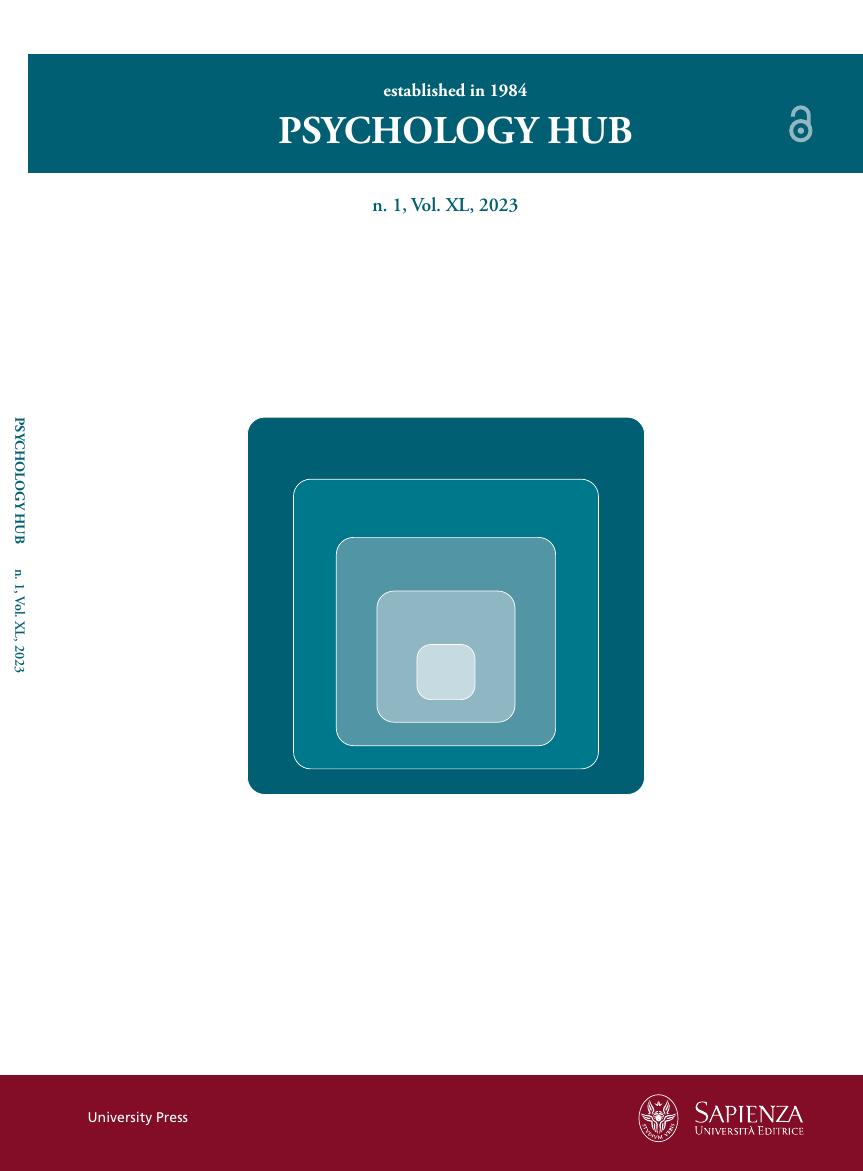Relation between psychological, psycho-cultural factors and attitudes towards the construction of a composting/vermicomposting plant
DOI:
https://doi.org/10.13133/2724-2943/17985Keywords:
composting, risk perception, values, meaning-makingAbstract
Waste management is one of the challenges to address to promote environmental sustainability. The methods of composting and vermicomposting seem to be a possible ecological solution. A number of 90 participants answered a questionnaire aimed at detecting the relationship between risk perception about climate change, biospheric values, symbolic universes and attitudes towards the construction of a composting and vermicomposting plant near the respondent's living place. Participants answered an open-ended question aimed to obtain a deeper understanding of the perceived disadvantages in relation to the construction of the plant. Results highlight that positive attitudes towards the plant are related and predicted by both risk perception and biospheric values. Moreover, different levels of biospheric values were found between symbolic universes, consistently with a different world’s representation. The qualitative analysis produced 7 categories related to different kinds of disadvantages about the plant. Findings offer suggestions for future research.
Additional Files
Published
How to Cite
Issue
Section
License
Copyright (c) 2023 Psychology Hub

This work is licensed under a Creative Commons Attribution-NonCommercial-ShareAlike 4.0 International License.





